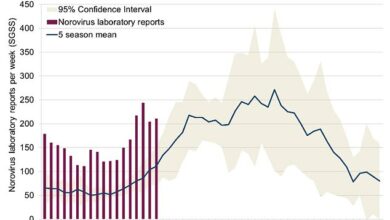Heartbreaking when breast cancer patients are denied life-extending drugs – and their last Christmas with their families
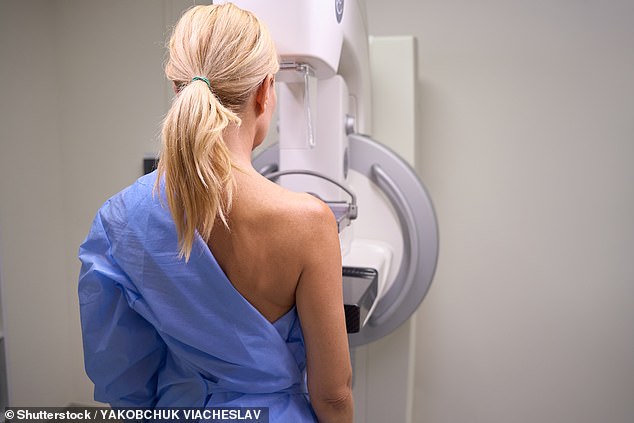
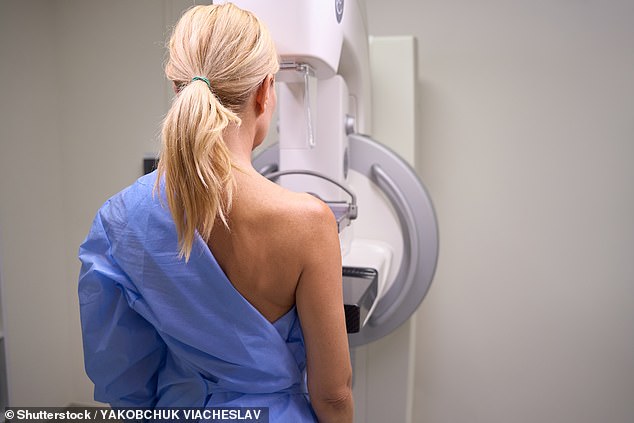
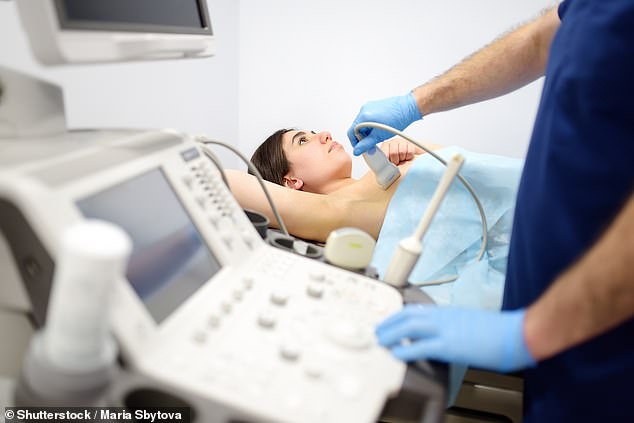
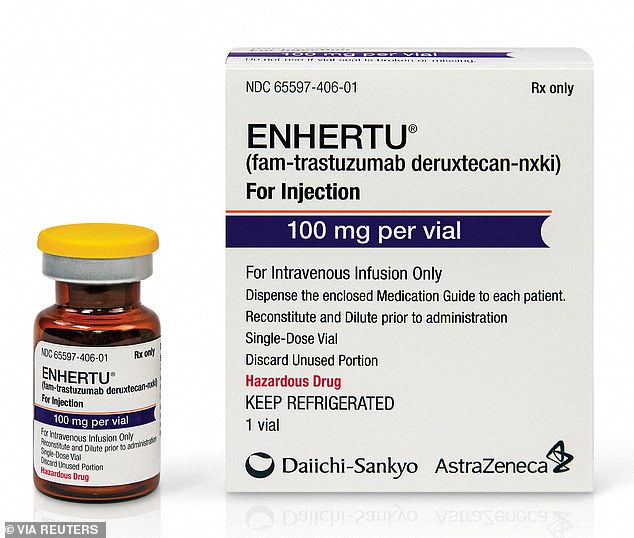
Breast cancer patients refused a life-extending drug are being denied a final Christmas with their loved ones, charities have warned.
Regulator Nice confirmed yesterday that new criteria for determining the cost-effectiveness of medicines for the NHS will remain in place following a review.
This places more emphasis on medicines for the most serious illnesses, whereas previously the emphasis was on end-of-life treatments.
Campaigners say the changes led to Enhertu being rejected earlier this year over cost, despite it being available in Scotland and the rest of Europe.

Breast cancer patients denied life-extending drug are being denied a final Christmas with their loved ones, charities warn (stock photo)

Regulator Nice confirmed yesterday that new criteria to determine the cost-effectiveness of medicines for the NHS will remain in place, following a review (stock photo)
Nice concluded that the new ‘severity modifier’ works as intended and that more drugs for serious, often lifelong conditions can be recommended by the NHS.
It was claimed that a higher percentage of medicines had been dispensed since the introduction: 84.4 percent, compared to 82.7 percent under the old measures.
The change also means positive recommendations for treatments for cystic fibrosis and chronic hepatitis, they say.
But Claire Rowney of Breast Cancer Now called the decision a “missed opportunity” to provide help to people with breast cancer.
She added: ‘They are faced with the heartbreaking reality that they still don’t have access to this treatment. And that could make the difference between enjoying Christmas with their loved ones or not.’

Enhertu was rejected earlier this year due to cost, despite being available in Scotland and across Europe
More than 300,000 cancer patients could face delays in their treatment over the next five years unless the government improves NHS performance, a new analysis has found.
Cancer Research UK predicts that there will be 17.2 million emergency referrals for suspected cancer in England over the next five years. By 2029, that will be a fifth more than last year alone.
The charity analysed the current NHS waiting time target, which states that 85 per cent of cancer patients should start treatment within 62 days of an urgent referral – a target that has not been met since 2015.
It found that in the first six months of this year, 65.9 per cent of cancer patients in England were treated within the target timeframe, meaning that over 30,000 patients did not start treatment on time.
The foundation predicts that between now and 2029, more than 301,000 people will not receive timely treatment, while the number of emergency referrals for suspected cancer will increase by a fifth, from 3.1 million in 2023 to around 3.75 million.
The charity says the NHS is seeing more patients than ever before, but an ageing and growing population is seeing record numbers of cancer cases.
According to Cancer Research UK, it took too long for patients to even be diagnosed. A major problem was the lack of staff and insufficient diagnostic equipment.



